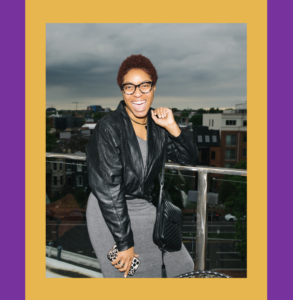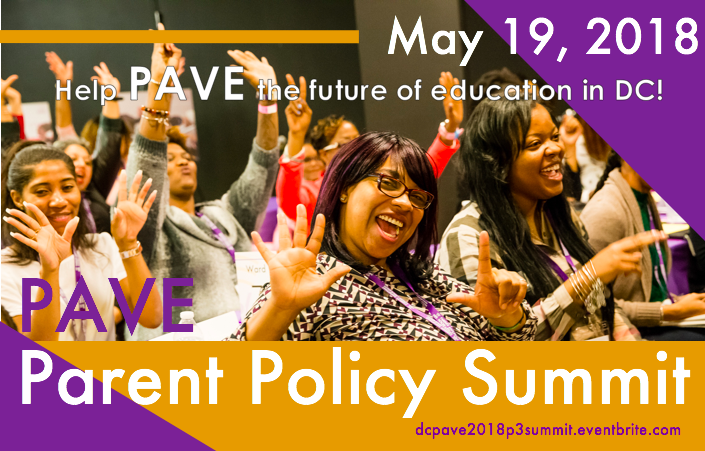A Black female born and raised in the United States cannot easily escape being othered. I have never truly felt safe, so I learned quickly to be brave.
 In any community, I stand out for all the ways I don’t fit in and possibly more for the ways that I do. In predominantly white spaces, I stand out. My skin is visibly brown, my hair short and decorated with tight, wayward ringlets that reach for the sun, and frame my face’s prominent features. Even on paper, I stand out by my name alone – Charlia, named after my father Charles.
In any community, I stand out for all the ways I don’t fit in and possibly more for the ways that I do. In predominantly white spaces, I stand out. My skin is visibly brown, my hair short and decorated with tight, wayward ringlets that reach for the sun, and frame my face’s prominent features. Even on paper, I stand out by my name alone – Charlia, named after my father Charles.
I have lived in the Washington, DC area my entire life, alternating between Prince George’s County’s predominantly Black middle-class population and the ever-changing DC. Though my family lived comfortably, two things became very apparent at an early age: 1) We were not rich, and 2) education, especially mine, required sacrifice.
For Kindergarten through 8th grade, I attended a private school in Cheverly, a little city in Prince George’s County marked by picturesque single-family houses situated on tree-lined streets and bustling with diverse families. Yet, many of my classmates who lived in this neighborhood were white. My parents’ sacrifices to provide me with opportunities, notably through education, continued through high school and even college. While being privileged to attend excellent schools enabled me to spark connections with people who do not look like me, at times, it also felt at the expense of genuinely connecting to the dynamic experiences of my people and my community.
It took me growing out of the false safety of my siloed identities, such as where I went to school, where I lived, my hair, and even whether to go by my full first name versus a nickname, to stop strategically leaning in and out to blend accordingly. I recognized my desire to create meaningful impact required stepping up bravely in communities that mattered the most to me, not simply aligning to my identity.
During college, I tutored first graders through University of Maryland’s partnership with America Reads, America Counts, an ode to my late mother’s 38-year tenure as a Prince George’s County public school educator. Her passion for youth and community was contagious. Throughout my twenties, I started and served Girl Scout Troops across DC, intentionally returning to volunteer with an organization that shaped my girlhood and instilled my core value for service.
The fall of 2020, my daughter started Pre-K3 at a DC public charter school. Eager to engage with other parents facing the same challenges, I joined Parents Amplifying Voices in Education (PAVE), a parent-led organization working to give families in DC a voice and choice in the vision for education.
Through PAVE, I found community with those who looked like me, other proud Black women, and I identified myself more by my role in education advocacy. During the pandemic, when my toddler visibly disengaged from her virtual classroom environment, I easily connected with fellow parent leaders through PAVE, sharing my struggles with screen fatigue after spending six months in the overstimulated remote world. In time, my daughter and I finally overcame these challenges, finding routine in our respective digital spaces and rejoicing when the doors of the real world slowly opened to invite us back.
On the other side of all these connections, I evolved. I became better, braver, and incredibly proud of my place in these communities. PAVE challenged and changed me. I now recognize that community is in me and I am my community. Intentionally choosing to positively impact society taught me that the point of connection isn’t simply to find similarities. Instead, our wholeness and authenticity dare us to lead and build ourselves and our communities.
Now, I walk in authenticity, regardless of my identity. As an educated Black woman, single mother, and servant leader living in DC, I finally feel a sense of safety. It’s anywhere I engage, connect, and center on my impact on the community, always with bravery.

